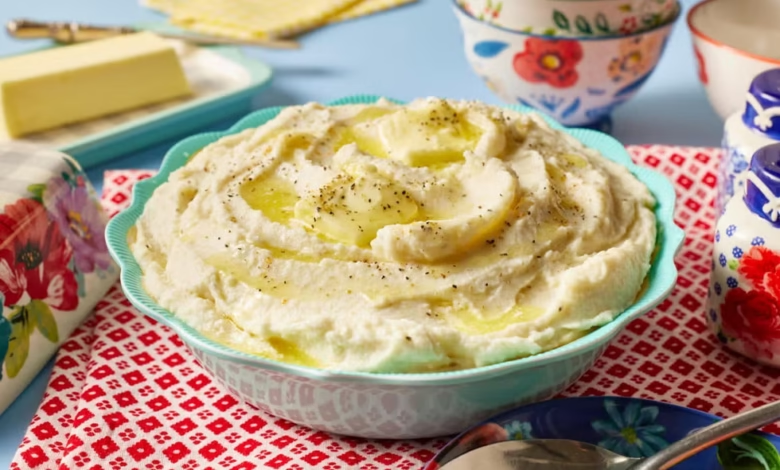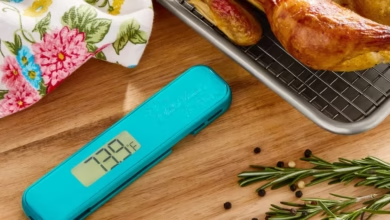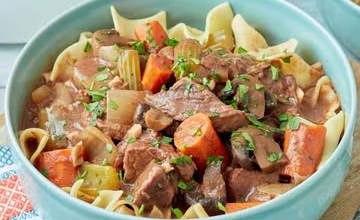
7 Mashed Potato Mistakes That Everyone Should Avoid
Thanksgiving wouldn’t be complete without a hearty bowl of creamy mashed potatoes. They’re just as essential as the roasted turkey and stuffing! Mashed potatoes might seem like a foolproof dish—just cook, mash, add butter, and you’re done, right? But if you’ve ever encountered lumpy, gloopy, or runny mashed potatoes, you know there’s more to it than that.
The truth is, making mashed potatoes isn’t hard—it just requires a little know-how. Here are seven common mashed potato mistakes and tips to avoid them. With these insights, you’ll be ready to prepare the perfect mashed potatoes for your next big gathering. Just don’t forget to top them with some delicious giblet gravy!
Using the Wrong Type of Potato
The ideal potatoes for mashing are russets and Yukon golds. These varieties are high in starch, which makes them mash beautifully. Russet potatoes tend to be fluffier, while Yukon gold potatoes offer a rich, buttery flavor. You can use one type or mix them together for a unique texture.
Avoid waxy potatoes like red-skinned or fingerling varieties. These potatoes don’t break down easily during cooking and can lead to a gluey mash.
Cutting the Spuds Into Uneven Chunks
For quicker cooking, cut your potatoes into chunks before boiling. The key is to make sure all the pieces are about the same size so they cook evenly. If some pieces are larger than others, you’ll end up with some undercooked and others overcooked. Aim for 1 1/2 to 2-inch chunks. Avoid cutting them too small, as they can absorb too much water, resulting in a watery mash.
Dunking the Potatoes in Boiling Water
It might seem efficient to drop potatoes into boiling water, but the best method is to start them in cold water and bring everything to a boil together. If you begin with boiling water, the potatoes can cook unevenly.
Not Draining and Drying the Potatoes
Once your potatoes are boiled, drain them thoroughly. Then, return them to the hot pot over low heat for a few minutes. This will allow any excess moisture to evaporate, preventing your mashed potatoes from being watery.
Overworking the Potatoes
Yes, it is possible to over-mash potatoes. When mashed too much, potatoes release excess starch, which can make them gummy and sticky. The best way to mash them is by hand. If you prefer an electric mixer, be careful not to overdo it—stop as soon as they’re smooth. Avoid using a food processor or blender, as they’ll turn the potatoes into a paste.
Adding Cold Butter and Cream
Hot potatoes don’t absorb cold butter or cream properly, so make sure these ingredients are at room temperature before adding them. Otherwise, you could end up with lumps or unabsorbed fat in your potatoes. If you’re following Ree Drummond’s recipe with cream cheese, be sure to soften it first!
Stirring in Too Much Cream
It’s tempting to add a lot of cream, but if you go overboard, you’ll end up with runny mashed potatoes. Start with about 1/2 cup of cream. If your potatoes feel too stiff, add more cream a tablespoon at a time until you reach the desired consistency.





